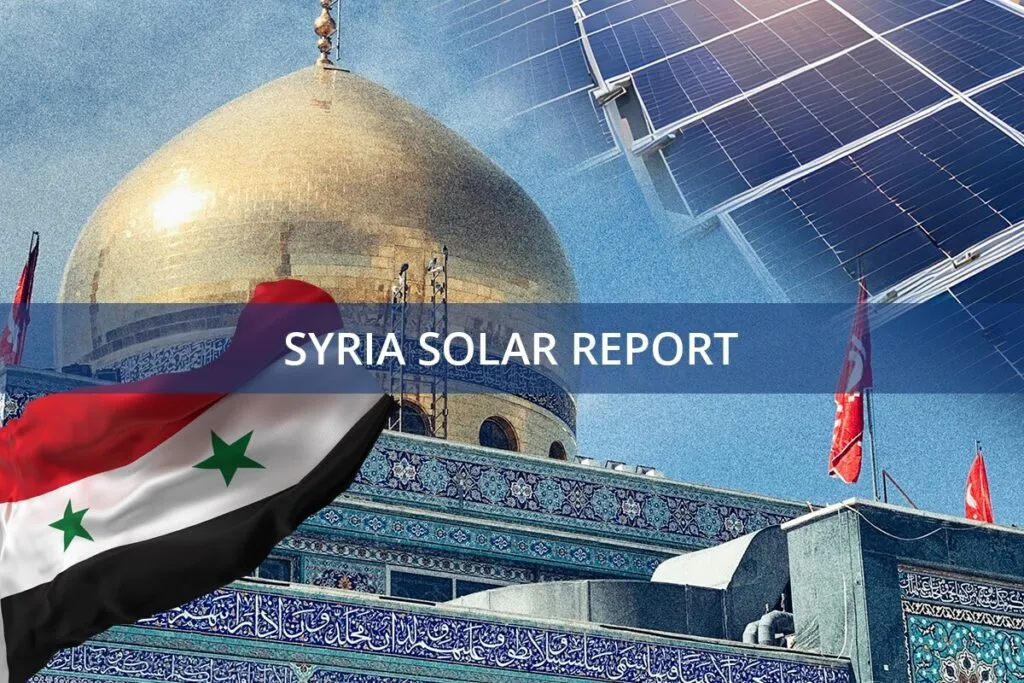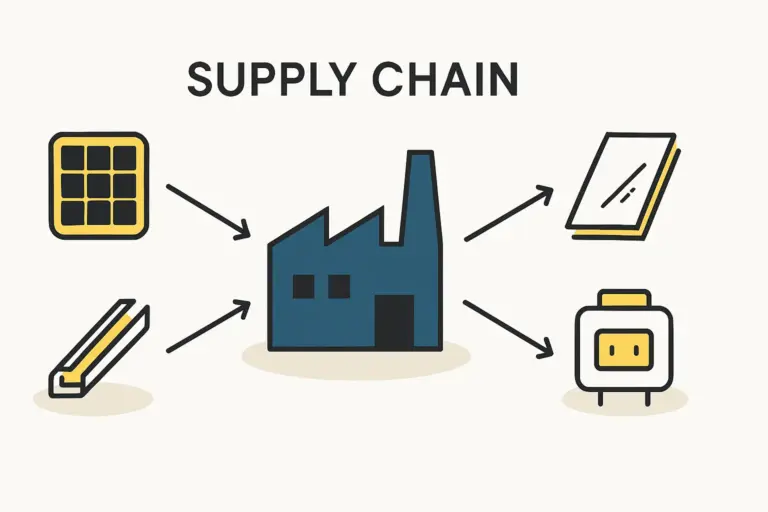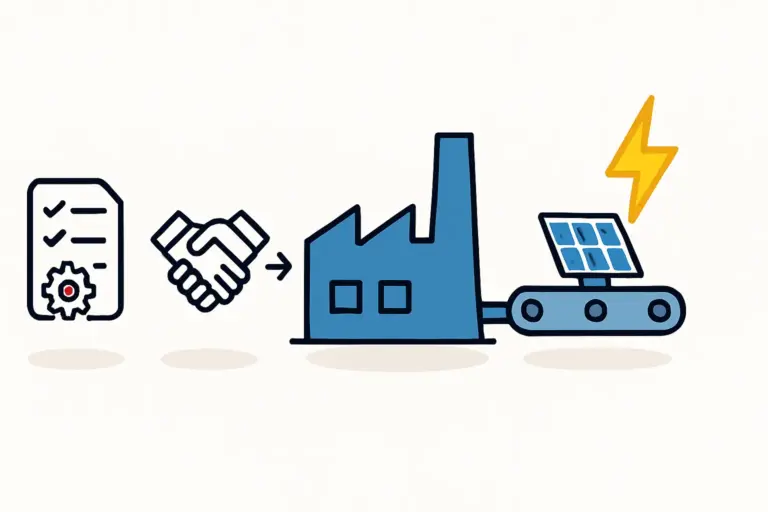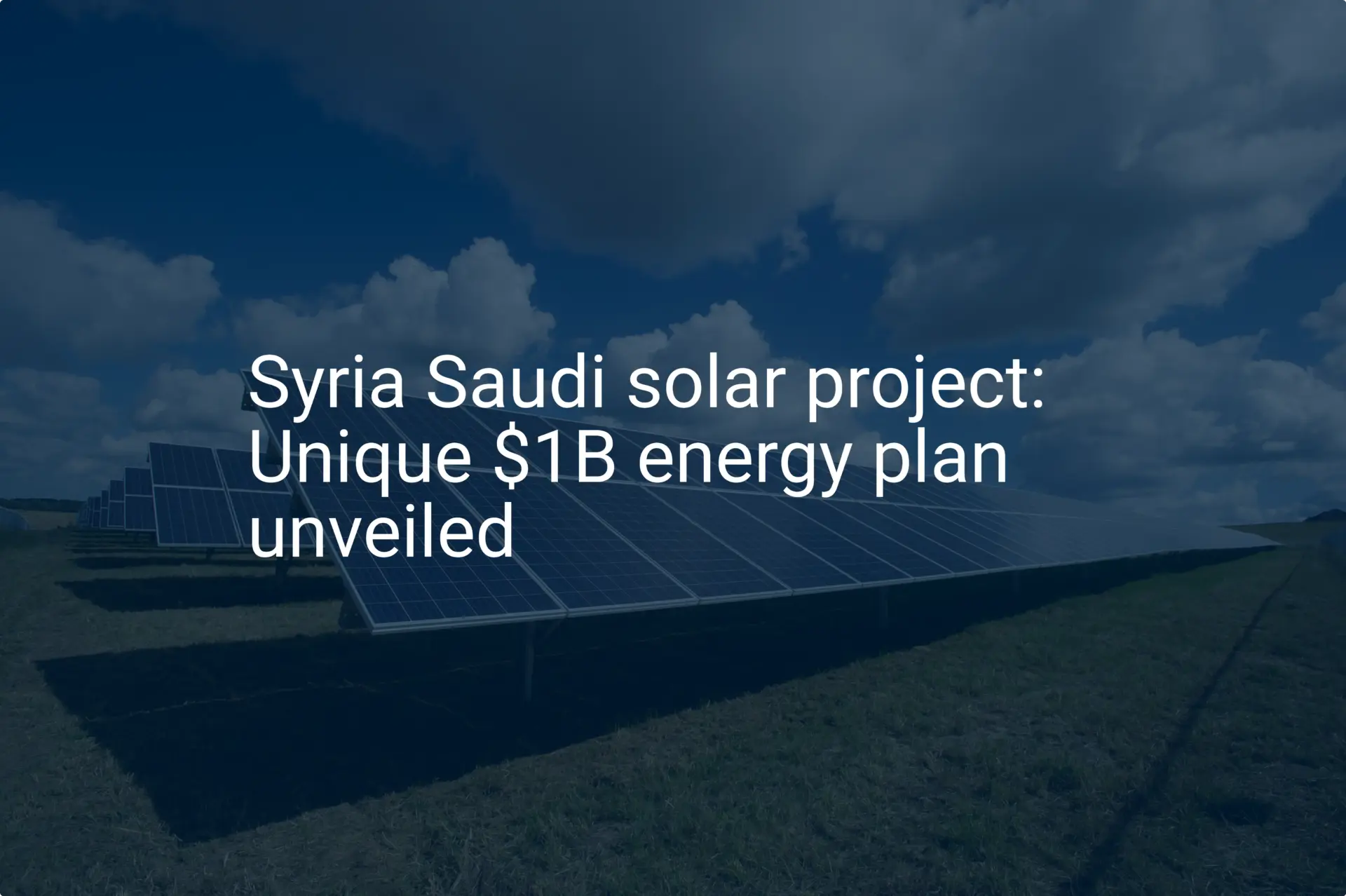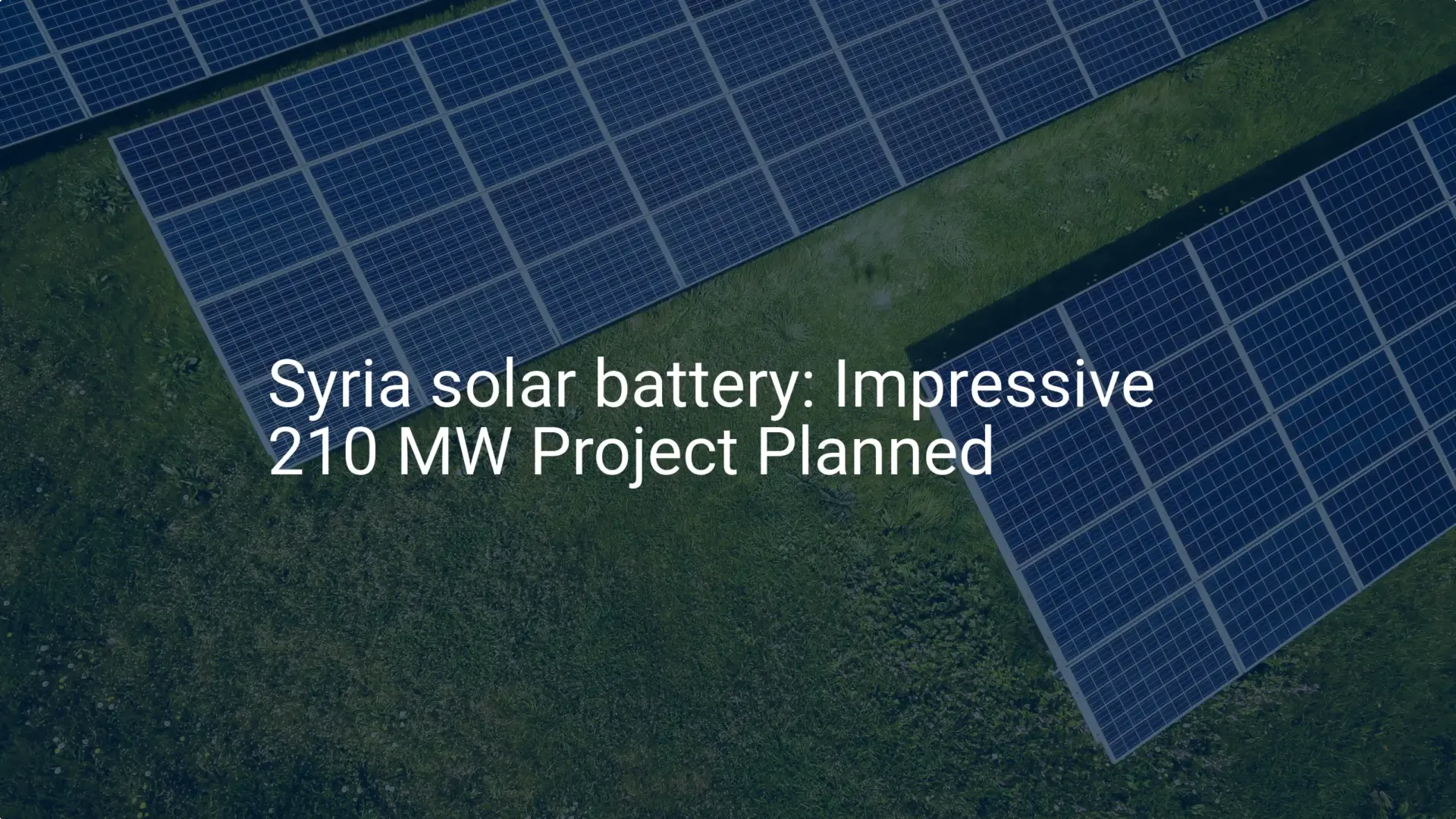Disclaimer: This case study represents a composite example derived from real-world
consulting work by J.v.G. Technology GmbH in solar module production and factory optimization. All data points are realistic but simplified for clarity and educational purposes.
Imagine a surgeon in a Damascus hospital, moments from completing a critical procedure when the lights flicker and die. The backup diesel generator fails to start, plunging the operating theater into a darkness broken only by the sound of failing life-support equipment.
This scenario is not hypothetical. It reflects a daily reality for healthcare providers in Syria, a consequence of a severely damaged national power grid. With over half the country’s electricity generation capacity lost, hospitals are forced to rely on expensive, unreliable, and often unavailable diesel fuel.
This gap in critical infrastructure is more than a humanitarian crisis; it is also a strategic opportunity. For an entrepreneur or a public institution, establishing a specialized local solar module factory offers a sustainable way to power the nation’s most vital services. This blueprint outlines a complete turnkey project designed to supply Syria’s healthcare sector with reliable, locally produced solar energy—transforming a critical vulnerability into a foundation for national resilience.
The Critical Power Deficit in Syria’s Healthcare Sector
The dire state of Syria’s energy infrastructure has a severe impact on patient outcomes. Hospitals and clinics without consistent power face a cascade of challenges:
- Interrupted Medical Procedures: Surgeries, dialysis, and diagnostic imaging are frequently postponed or interrupted, placing patient lives at risk.
- Equipment Failure: Sensitive medical equipment, from ventilators in intensive care units to incubators for newborns, is damaged by power surges or rendered useless during blackouts.
- Loss of Cold Chain Integrity: An unreliable power supply for refrigeration leads to the spoilage of vaccines, blood supplies, and essential medicines, undermining public health initiatives.
- Prohibitive Operational Costs: Reliance on diesel generators drains hospital budgets that could otherwise be allocated to patient care. The fuel’s volatile price and scarcity create constant operational uncertainty.
Solving this crisis requires more than just importing standard solar panels. It demands a dedicated, localized manufacturing strategy that can produce high-quality modules specifically engineered for the region’s climate and the healthcare sector’s uncompromising reliability standards.
A Strategic Blueprint for a Specialized Solar Factory
A purpose-built solar module factory represents a long-term investment in the country’s health and industrial capacity. The following phased approach outlines a structured path from concept to operation, designed for business leaders who may not be solar technology experts.
Phase 1: Securing Financing and Stakeholder Alignment
A robust financial and regulatory strategy forms the foundation of this project. Due to the humanitarian focus, financing is often available through international bodies rather than traditional commercial loans.
Organizations such as the United Nations Development Programme (UNDP), the World Health Organization (WHO), and the World Bank frequently fund projects that build local, sustainable infrastructure. To engage these partners, a detailed and professional business plan for solar module manufacturing is essential. The document should clearly articulate the project’s public health impact, economic viability, and contribution to local employment.
Simultaneously, securing approval from national bodies like the Ministry of Health is crucial. This involves demonstrating how the project aligns with national healthcare priorities and ensuring the final product meets the stringent standards required by medical facilities.
Phase 2: Factory Design and Technology Selection
For an investor entering a new industry, the most efficient path is a turnkey solar module production line. This approach streamlines the complex tasks of equipment sourcing, factory layout, and process integration into a single, managed project. A specialized EU engineering partner, brings the expertise needed to design a facility optimized for the project’s specific goals.
Technology selection is a critical decision in this phase. The Syrian climate, characterized by high ambient temperatures, intense solar irradiation, and airborne dust, requires specialized modules. Modules with DESERT+ technology are an ideal fit, engineered to maintain high performance and durability in harsh desert conditions and ensure reliable energy output for decades.
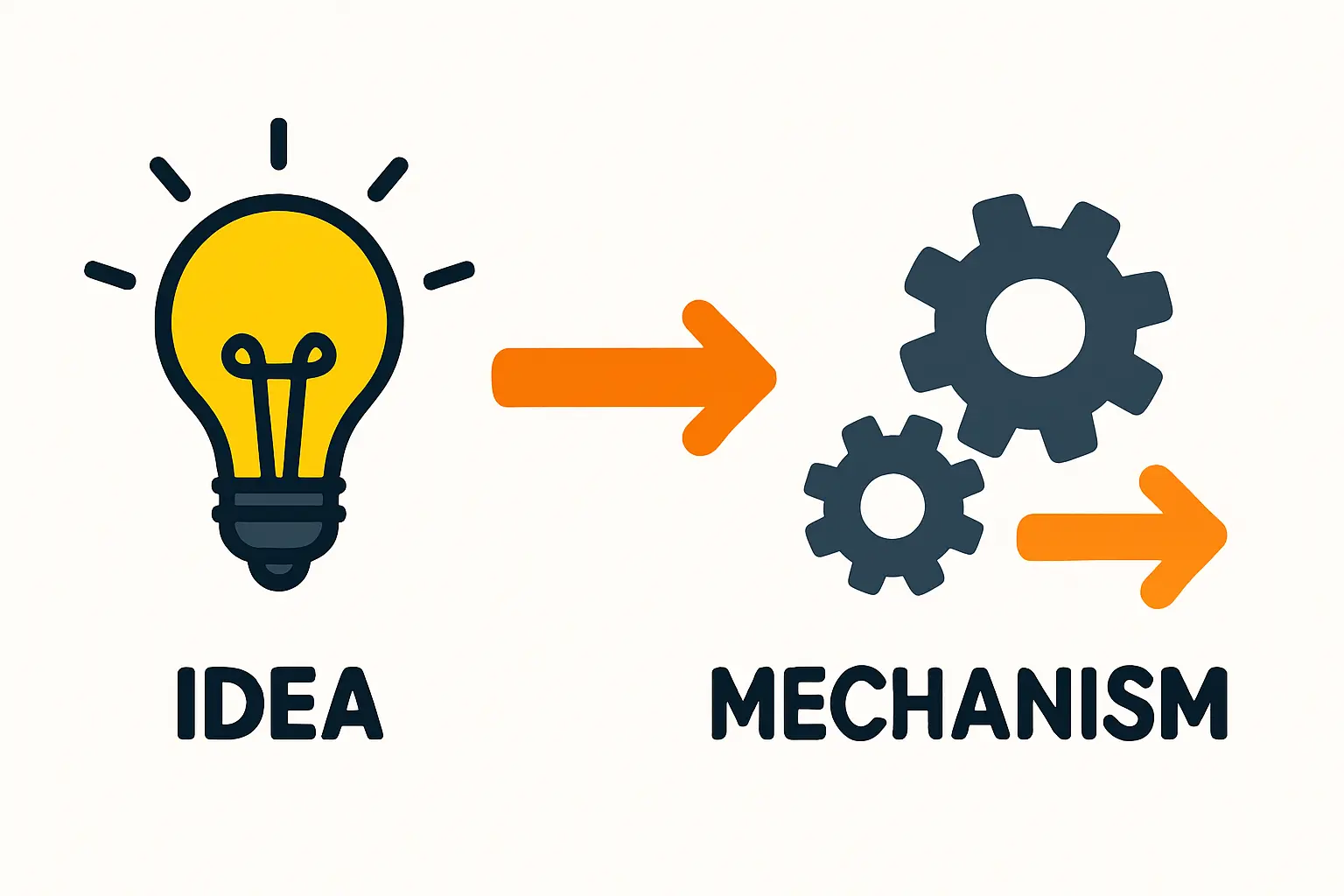
Phase 3: Implementation and Operational Readiness
With financing and designs secured, the project moves into execution. This phase, guided by experienced European turnkey engineering team, involves several key stages:
- Site Preparation: Ensuring the factory building meets the precise requirements for a clean, efficient production environment.
- Equipment Installation and Commissioning: Technicians oversee the installation and calibration of all machinery, from cell stringers to laminators and testers.
- Personnel Training: Experts train local staff to operate the production line, perform quality control checks, and conduct routine maintenance.
- Certification and Quality Assurance: The initial production batches undergo rigorous testing to achieve international standards, such as IEC. Robust solar module certification is non-negotiable for ensuring the quality and safety required in medical applications.
This structured process ensures the factory becomes operational efficiently, producing high-quality modules that meet the project’s high specifications from day one.
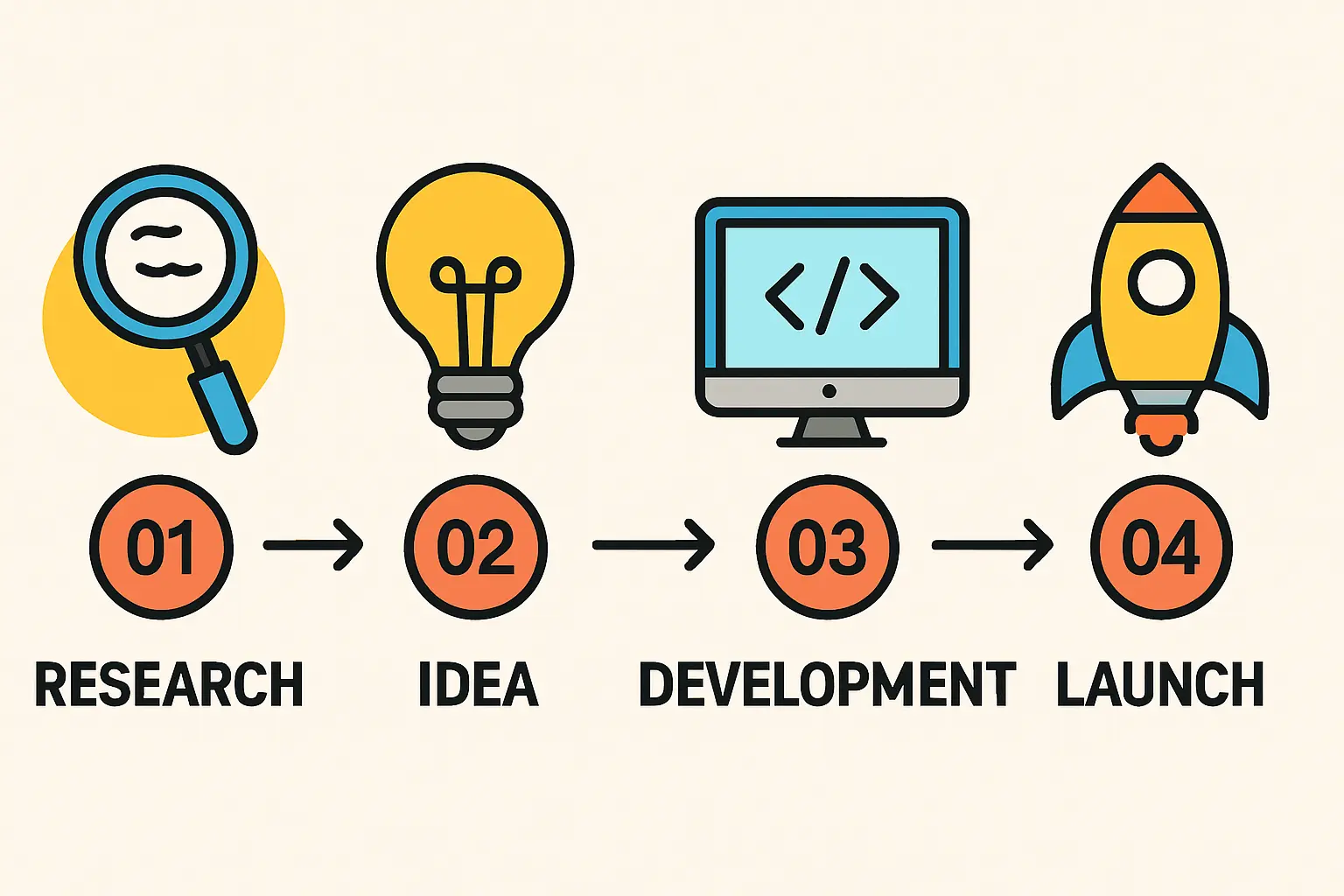
The Impact: Powering Critical Care and Building a Sustainable Future
The result is a network of healthcare facilities powered by reliable, locally manufactured solar energy. Hospitals can ensure uninterrupted power for their operating theaters, ICUs, and laboratories. Clinics can maintain the cold chain for vaccines, and rural health posts can operate essential diagnostic equipment.
Beyond the immediate impact on healthcare, the project creates lasting value. It fosters a new industrial sector, generates skilled employment, and reduces the country’s dependence on imported fossil fuels. It stands as a powerful example of how targeted industrial development can solve a critical humanitarian challenge.
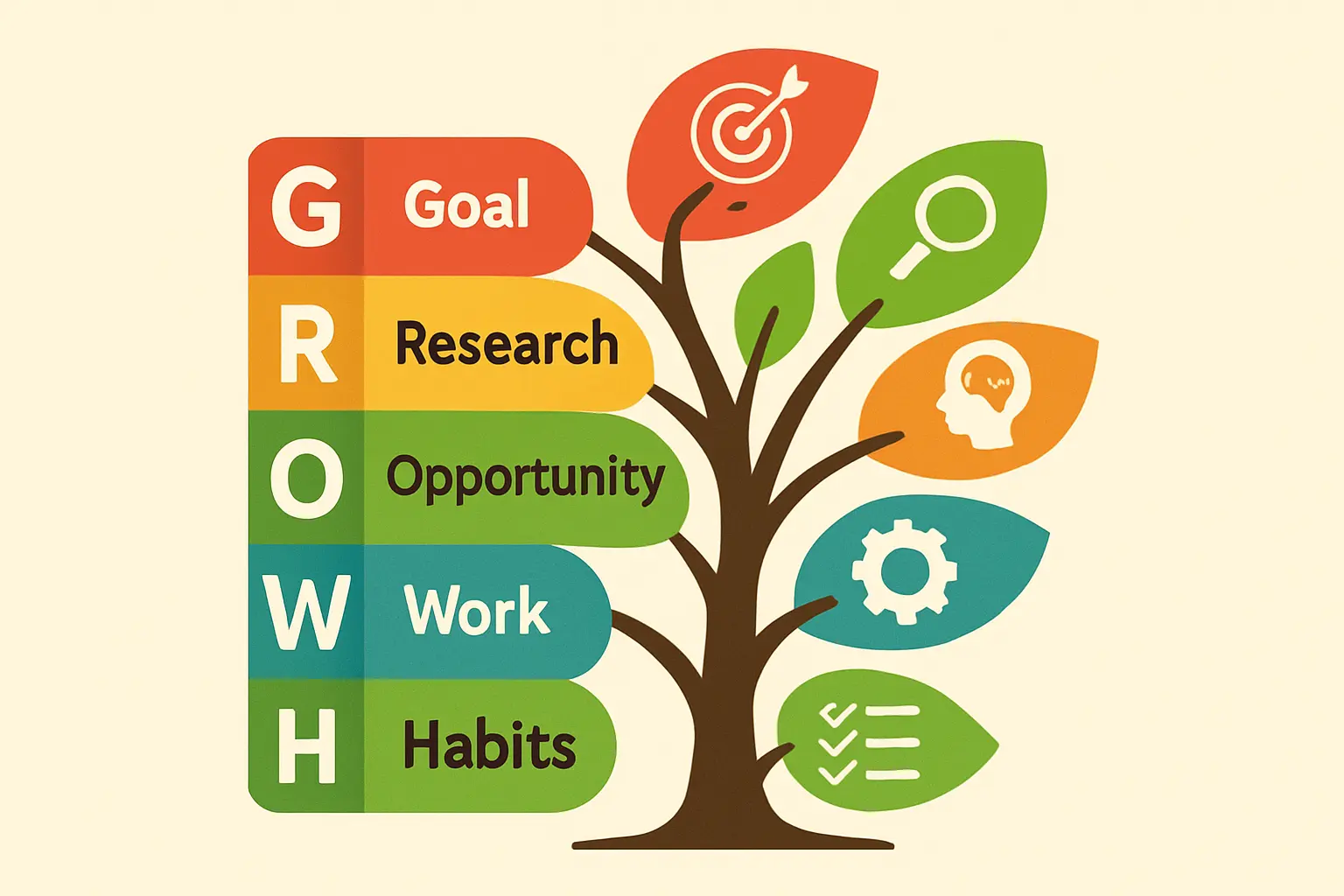
Frequently Asked Questions (FAQ)
What is the typical investment for a solar panel factory of this scale?
The investment for a solar panel factory designed for this purpose, typically with an annual capacity of 20–50 MW, can range from several million to over ten million euros, depending on the level of automation and technology chosen. A detailed business plan is necessary to determine the precise figure.
How long does it take to establish such a factory?
With a turnkey approach and experienced guidance, a solar module production line can be fully operational within 9 to 12 months from the project start date. This includes planning, equipment delivery, installation, and staff training.
Do we need prior experience in solar manufacturing?
No. The turnkey model is specifically designed for new market entrants. The consulting partner provides end-to-end technical expertise, from factory planning to operator training, allowing the business owner to focus on management and strategy. The model is built on the principle that you don’t need to be a solar expert to succeed.
Why is local production better than importing modules?
Local production offers several key advantages in this context. It allows for modules to be specifically designed for the local climate (e.g., DESERT+), strengthens the national supply chain, creates local jobs, and avoids the logistical delays and import duties associated with finished goods. It also serves as a source of national pride and technological advancement.
What kind of support is provided in a turnkey project?
A comprehensive turnkey project includes a full spectrum of services: initial feasibility studies, business plan development, sourcing and integration of all machinery, factory layout design, installation and commissioning, extensive training for local staff, and guidance through the international certification process.
Conclusion and Next Steps
Establishing a solar module factory to power Syria’s healthcare infrastructure is more than an industrial project; it is a nation-building initiative. It directly addresses a life-threatening vulnerability with a solution that is sustainable, technologically advanced, and economically empowering.
For entrepreneurs, development organizations, and government institutions, this blueprint shows that such an ambitious goal is achievable. With the right partners, a clear strategy, and a focus on quality, it is possible to build a resilient healthcare system powered by clean energy, securing a healthier and more stable future.
For organizations serious about pursuing this vital opportunity, the logical next step is to explore the specific components of a turnkey line, develop detailed financial modeling, and navigate the certification process to bring this vision to life.
Download: Syria Solar Module Production Case Study (PDF)
Author: This case study was prepared by the
turnkey solar module production specialists at J.V.G. Technology GmbH
It is based on real data and consulting experience from J.v.G. projects
worldwide, including installations ranging from 20 MW to 500 MW capacity.

